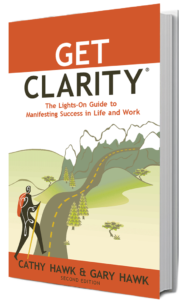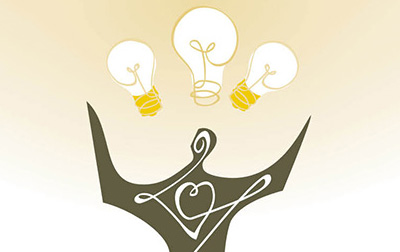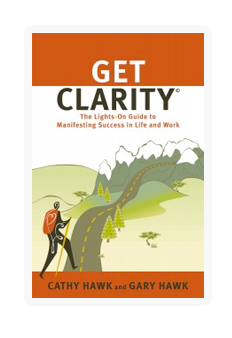I began pondering this question recently after listening to a very accomplished, smart, experienced business owner express her anxieties about her business and her abilities as a leader. She worries that she hasn’t done enough; her business is not growing fast enough; her industry skills and experience aren’t enough; she’s not smart enough; her ability to lead is not enough—“not enough, not enough, not enough” has become her ineffective daily mantra.
If you have been following my blog, you know I also have worrying tendencies. While I’ve never reached pro status as a worrier, I am a nationally ranked amateur. I have more than a passing interest in the nature of worriers. According to Clarity’s news division—Facebook newsfeeds—overthinking worriers are probably creative geniuses. This led me to our research division—Google. There’s a long list of studies that say a higher IQ is associated with a worried mind. We worriers don’t need a study to tell us this. We know.
However, we are also intelligent enough to recognize that worrying and overthinking often limits our ability to make effective decisions. We’ve heard the maxim, “Worry is a waste of imagination.” And yet, we look at non-worriers with a sense of bewilderment. Are they not paying attention? Don’t they see the monsters under the bed?
Worrying not about paying attention. It’s about the loss of vital, creative energy. When we worry, we never let go of focusing on all the things that may go wrong and all that have gone wrong. Our focus remains stuck on scarcity and doubt. We miss the joy of the journey. We miss the joy of trusting that we can handle the daily challenges with wisdom and confidence. We miss the end-of-day satisfaction and pride that happens when we address and meet those challenges.
We miss the calmness that happens when we release the outcome, knowing that whatever shows up is perfect—because we have worked from a place of service and alignment to our vision. And, we’ve done so with integrity and dedication, bringing all aspects of our experience, talent and passion to the process.
When we approach our work from this place of trust and confidence, we really can be creative geniuses. We have confidence in our ability to handle the daily challenges of life; we can see the monster under the bed with a calm, curious eye. If the monster is real, we know we can create a strategy to meet the challenge. If we see that it is a figment of our imagination, we create a daily strategy to shift our thinking back to creative genius level. When we do this, we realize that we do enough, are enough and have enough.
And, that’s how we can worry effectively—with calmness, trust and curiosity.
Moving from Worry to Trust,
Gary




